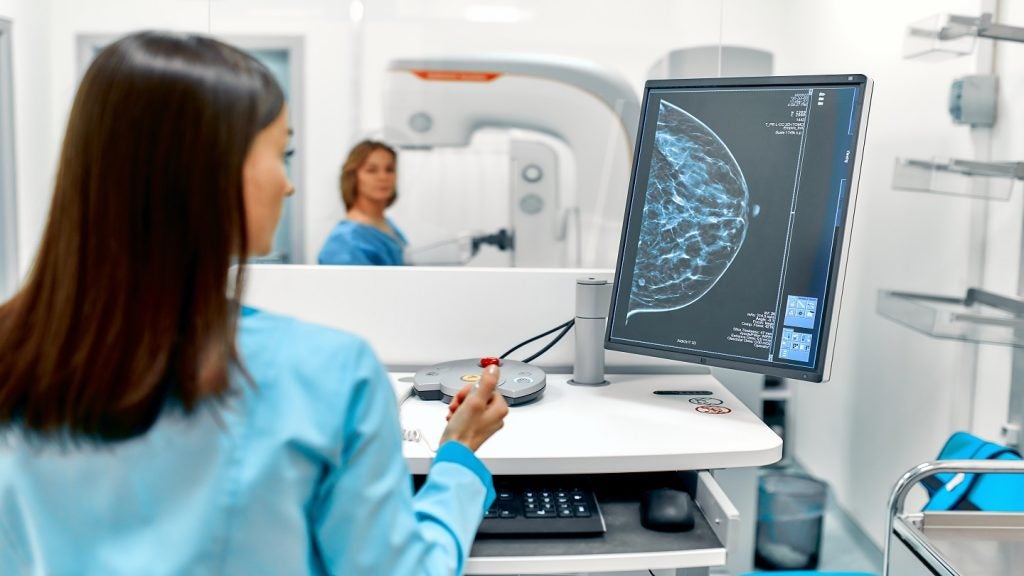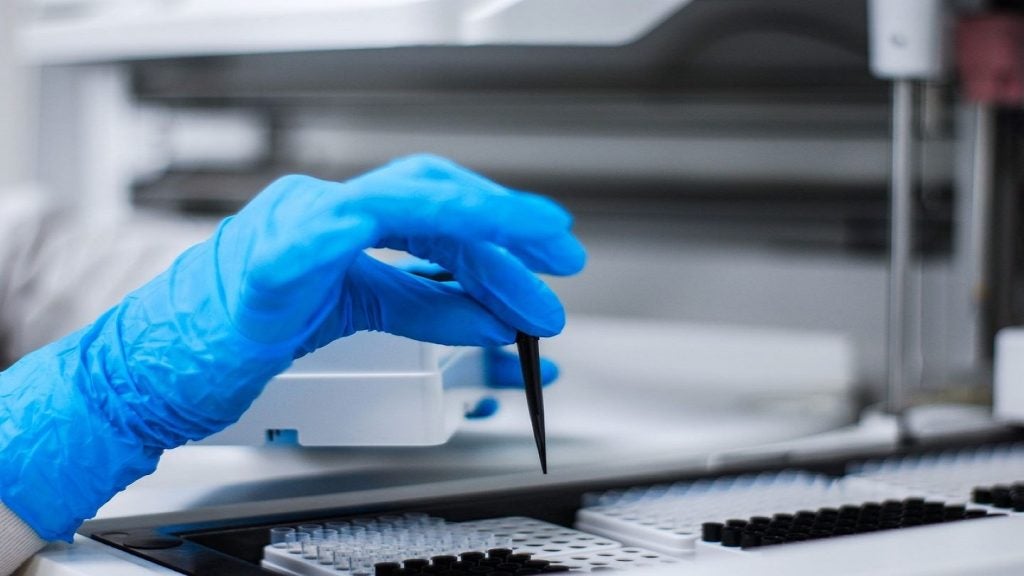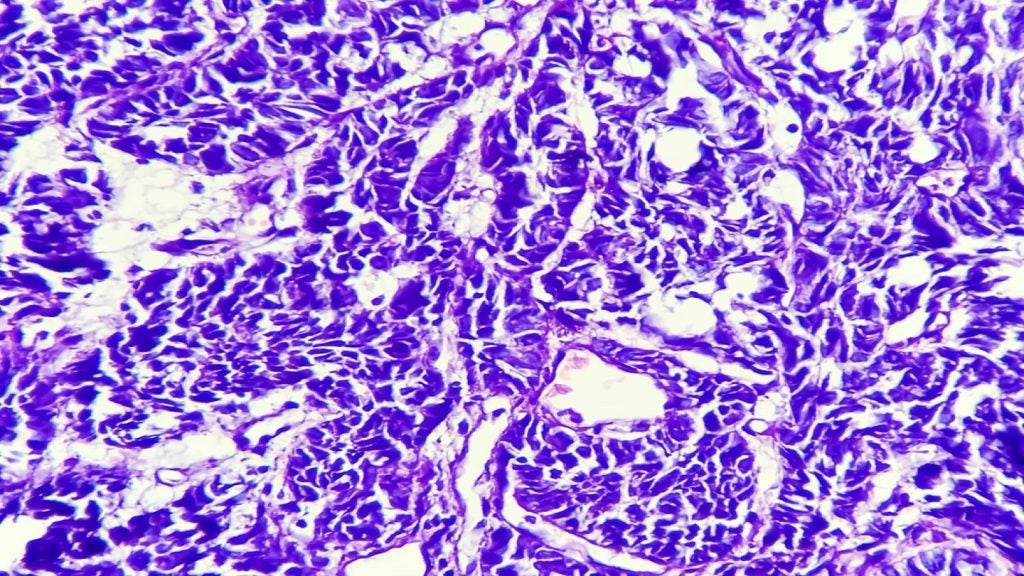Results presented at the American Society of Clinical Oncology (ASCO) meeting in Chicago, revealed that Gencurix’s liquid biopsy test outperformed Exact Sciences OncotypeDX in breast cancer diagnosis and prognosis.
Gencurix is a Korea-based developer of cancer molecular diagnostics. The company’s GenesWell BCT test has attracted significant global interest from breast cancer researchers and is already being used in numerous hospitals in Korea to replace existing tests.
A previous 2019 study by five South Korean hospitals compared the concordance between two testing methods. However, the new research aimed to compare prognostic performance via follow up observations. The analysis evaluated which test accurately distinguished high-risk and low-risk groups based on recurrence, with an emphasis on patients under 50, including premenopausal women, often observed in Asian or ethnically diverse countries.
The study consisted of a cohort of 759 patients and used recurrence free survival as the primary evaluation variable. GenesWell BCT accurately distinguished high-risk and low-risk groups with a Hazard Ratio of 2.469 for high-risk recurrence compared to 2.093 for OncotypeDX. The difference was more pronounced in subgroup analyses based on lymph node metastasis for GenesWell BCT compared to OncotypeDX.
Among patients classified low risk by OncotypeDX, GenesWell BCT identified a subset of high-risk patients with significantly higher risk of recurrence, indicating the need to consider adjuvant chemotherapy.
"The study that directly compared GenesWell BCT with the globally recognized top-selling test OncotypeDX, through actual follow-up observations, has provided solid data to demonstrate the excellent performance of GenesWell BCT,” said Gencurix Chief Technology Officer, Dr. Young-Ho Moon. This has generated significant interest among breast cancer researchers attending ASCO. Particularly, the performance of GenesWell BCT in the younger population, including patients under the age of 50, holds great significance in countries with diverse ethnicities where premenopausal breast cancer patients account for over 50%."















